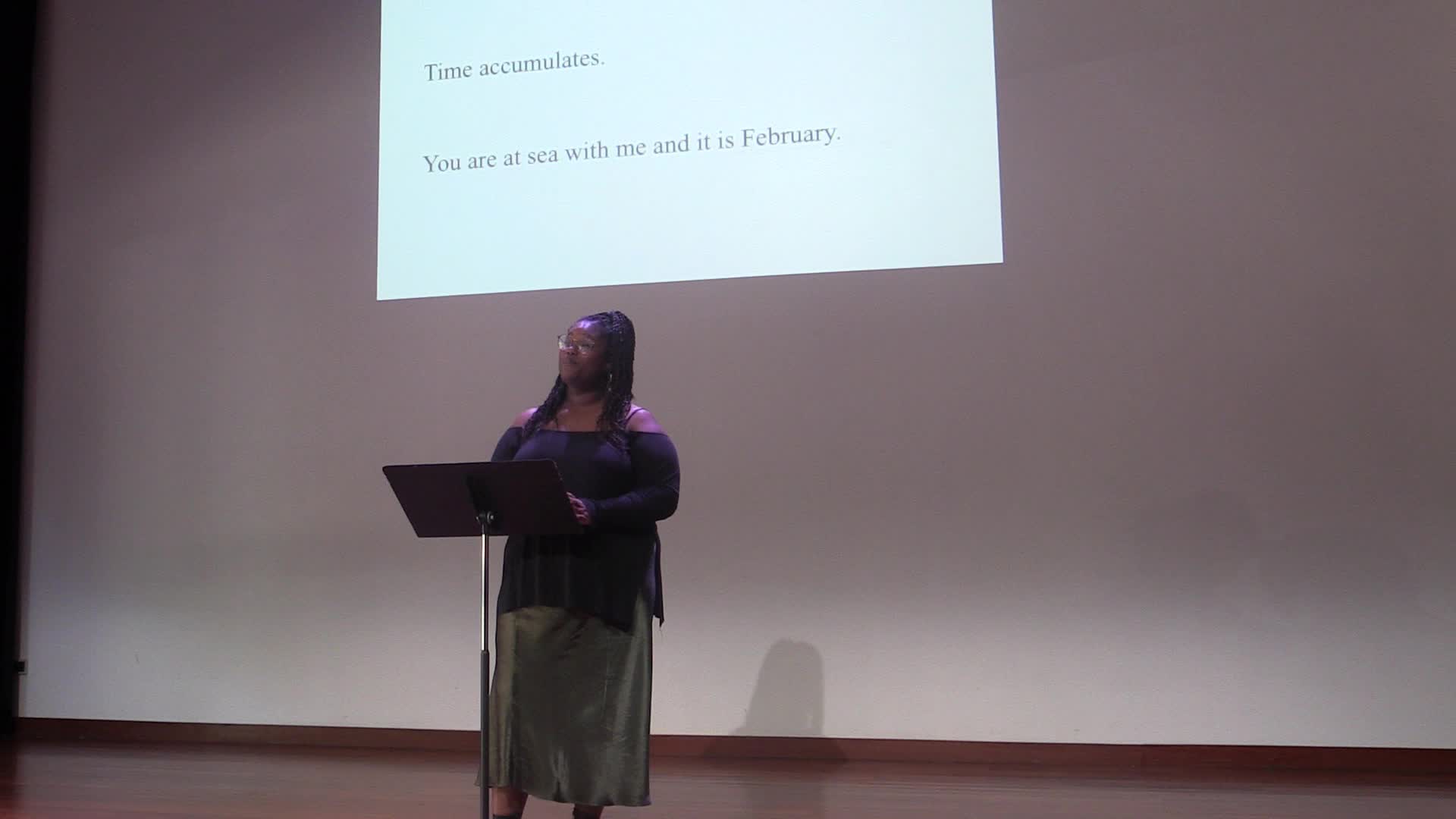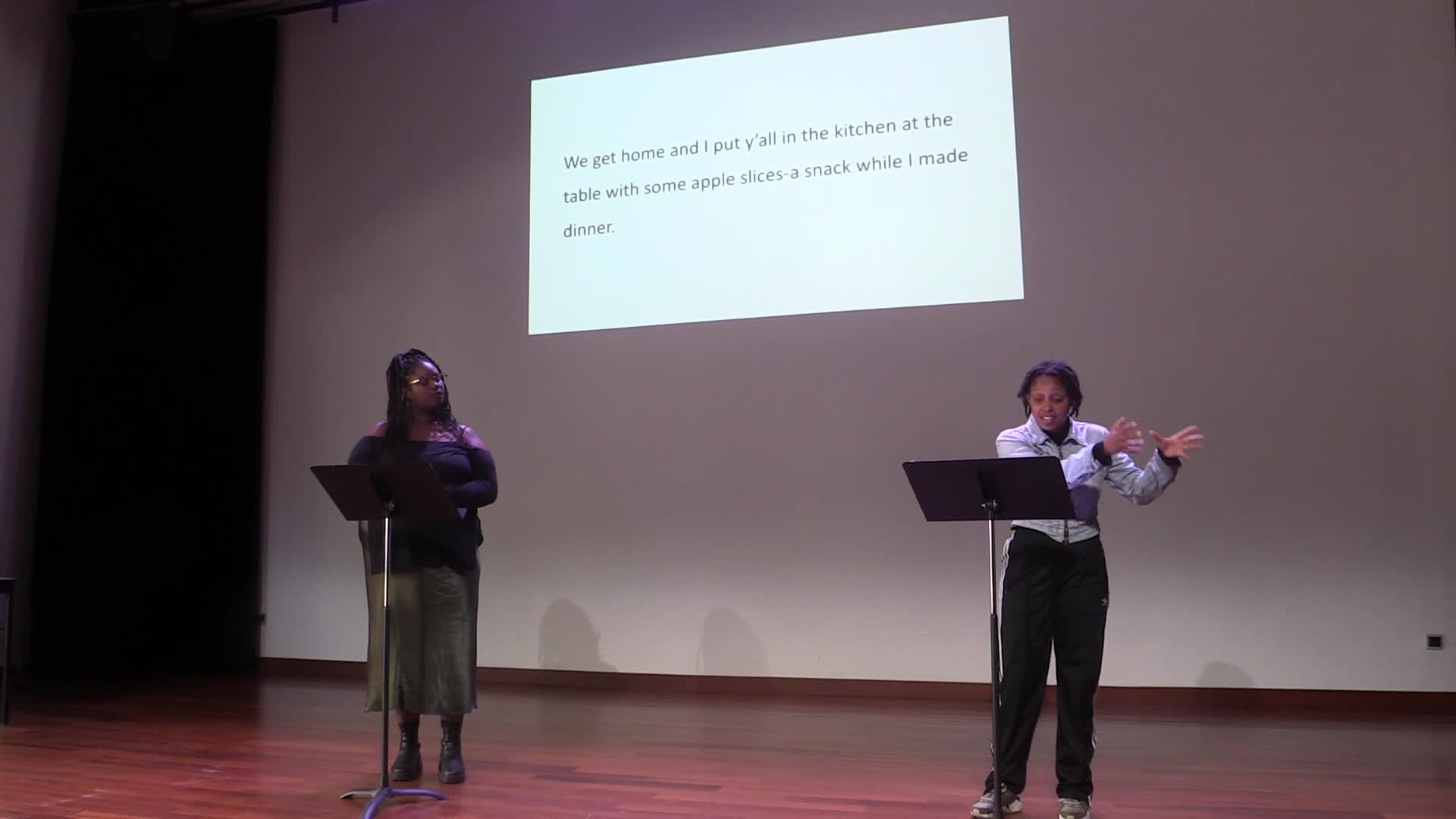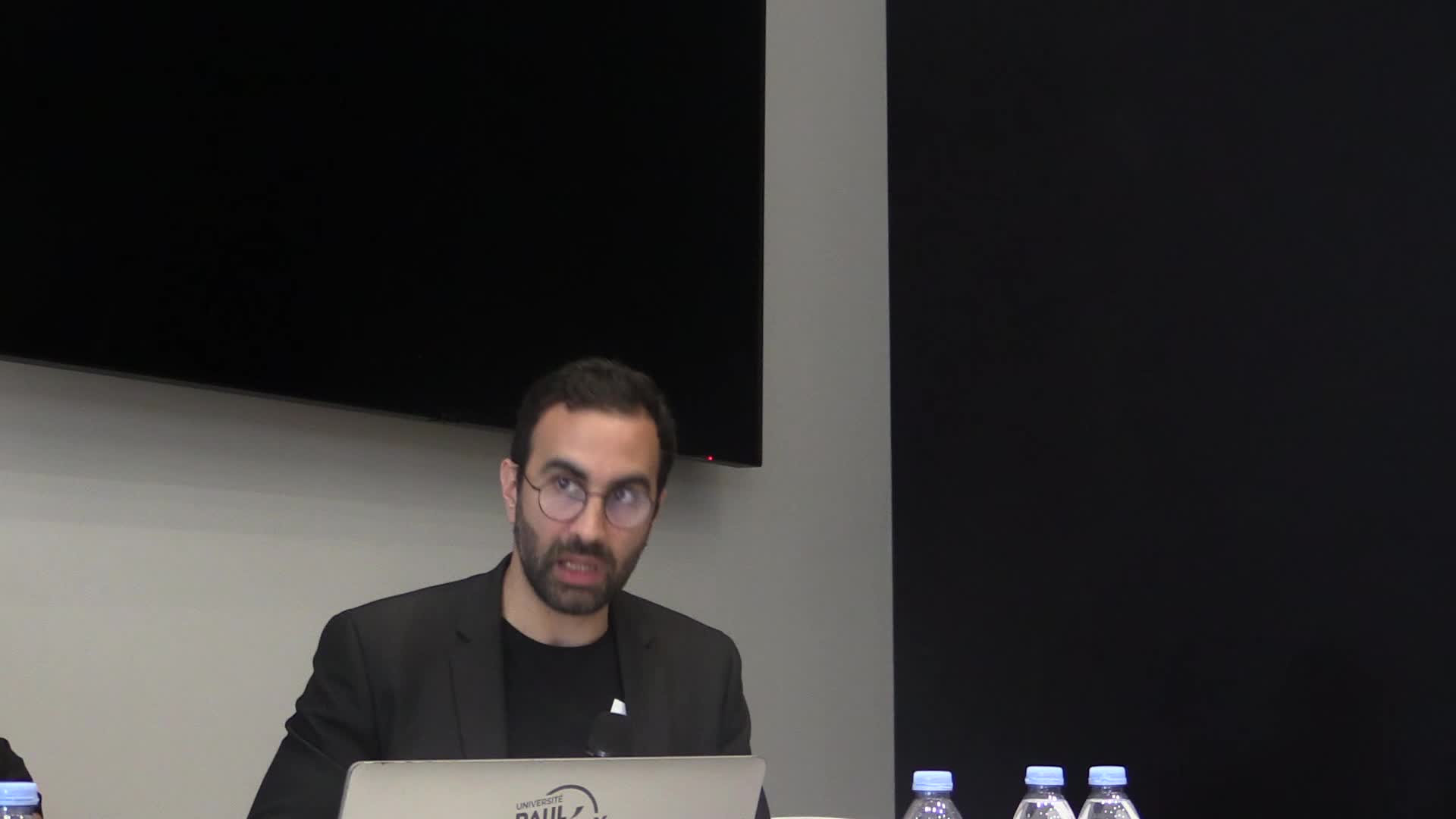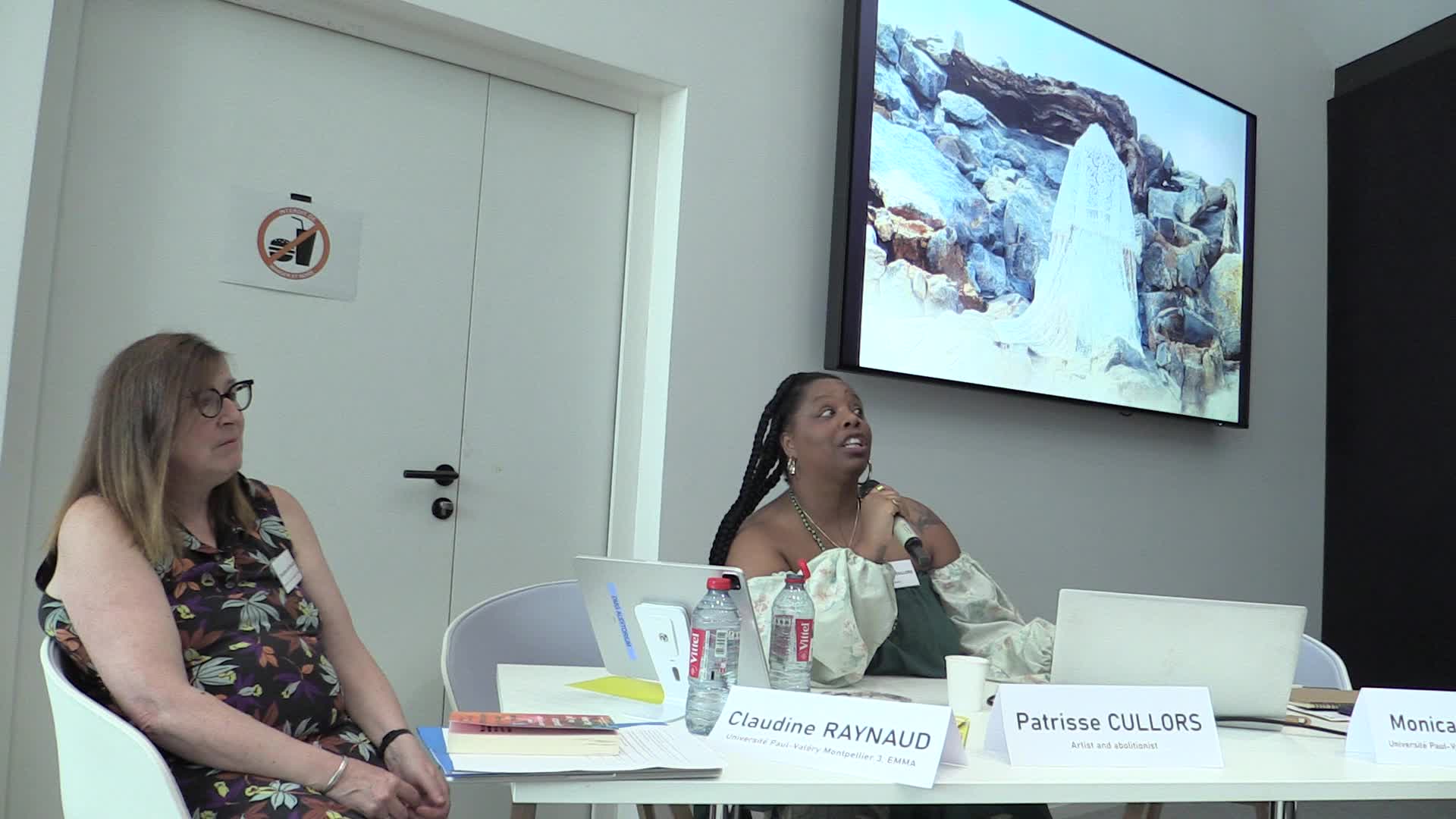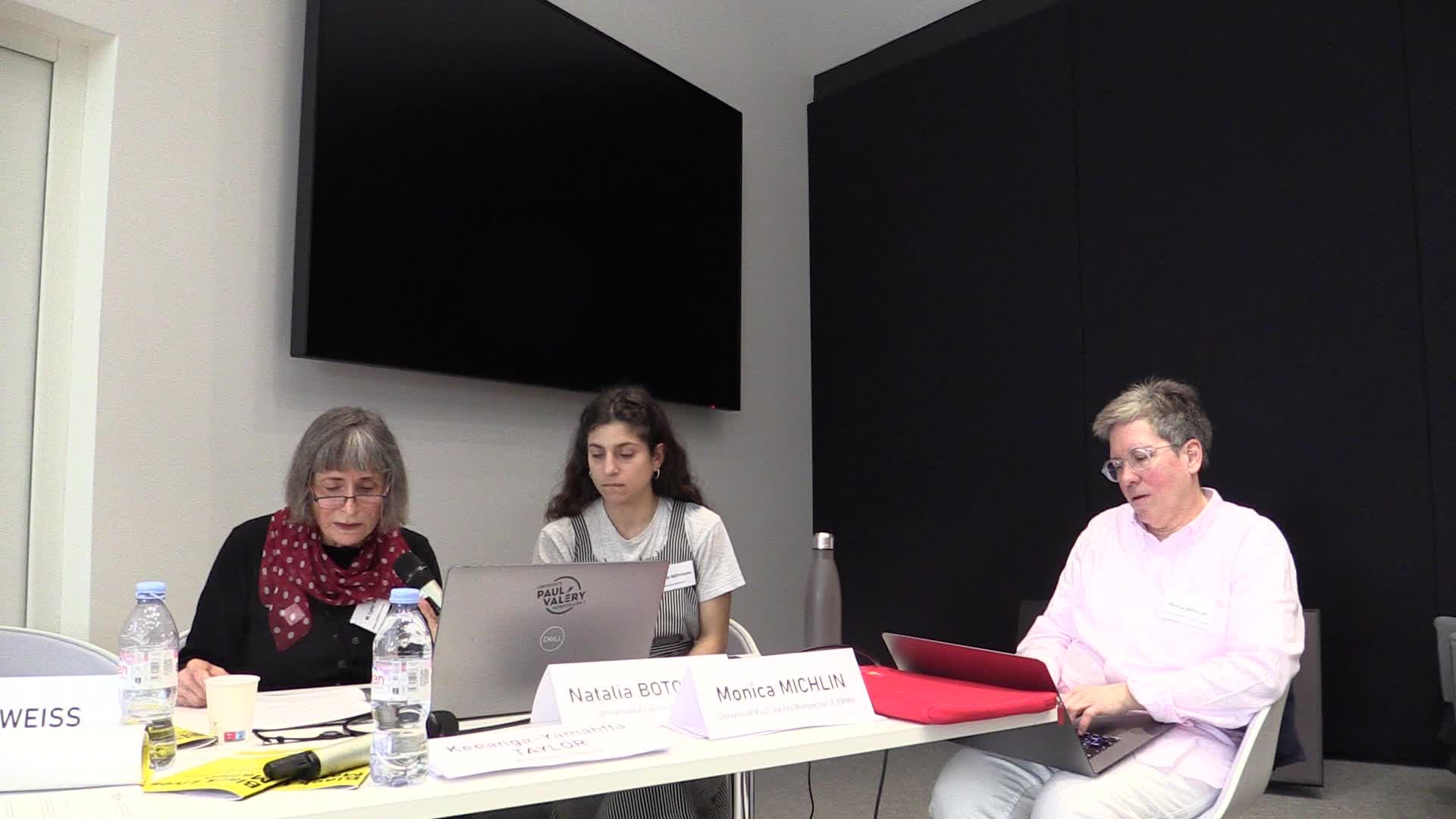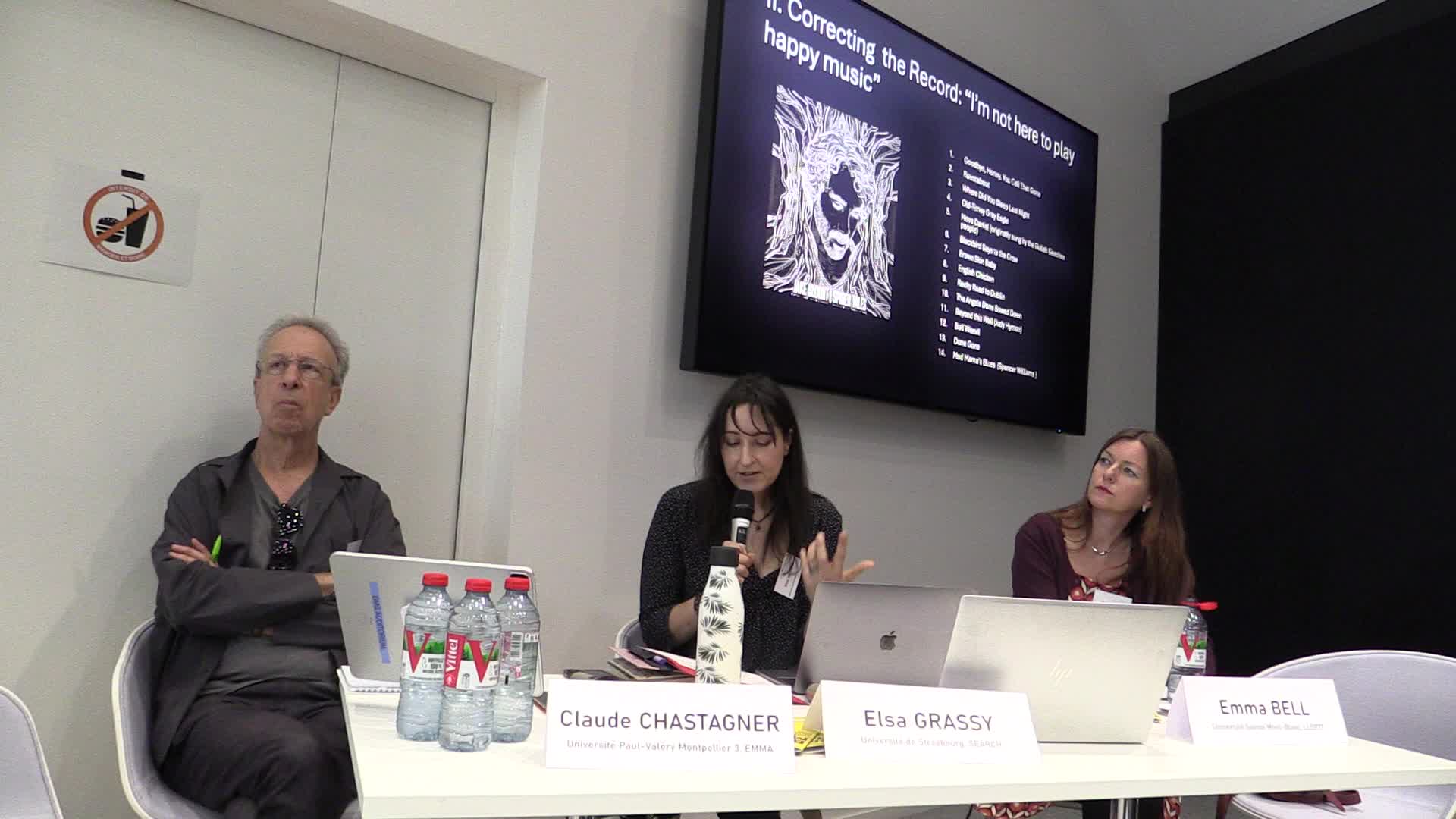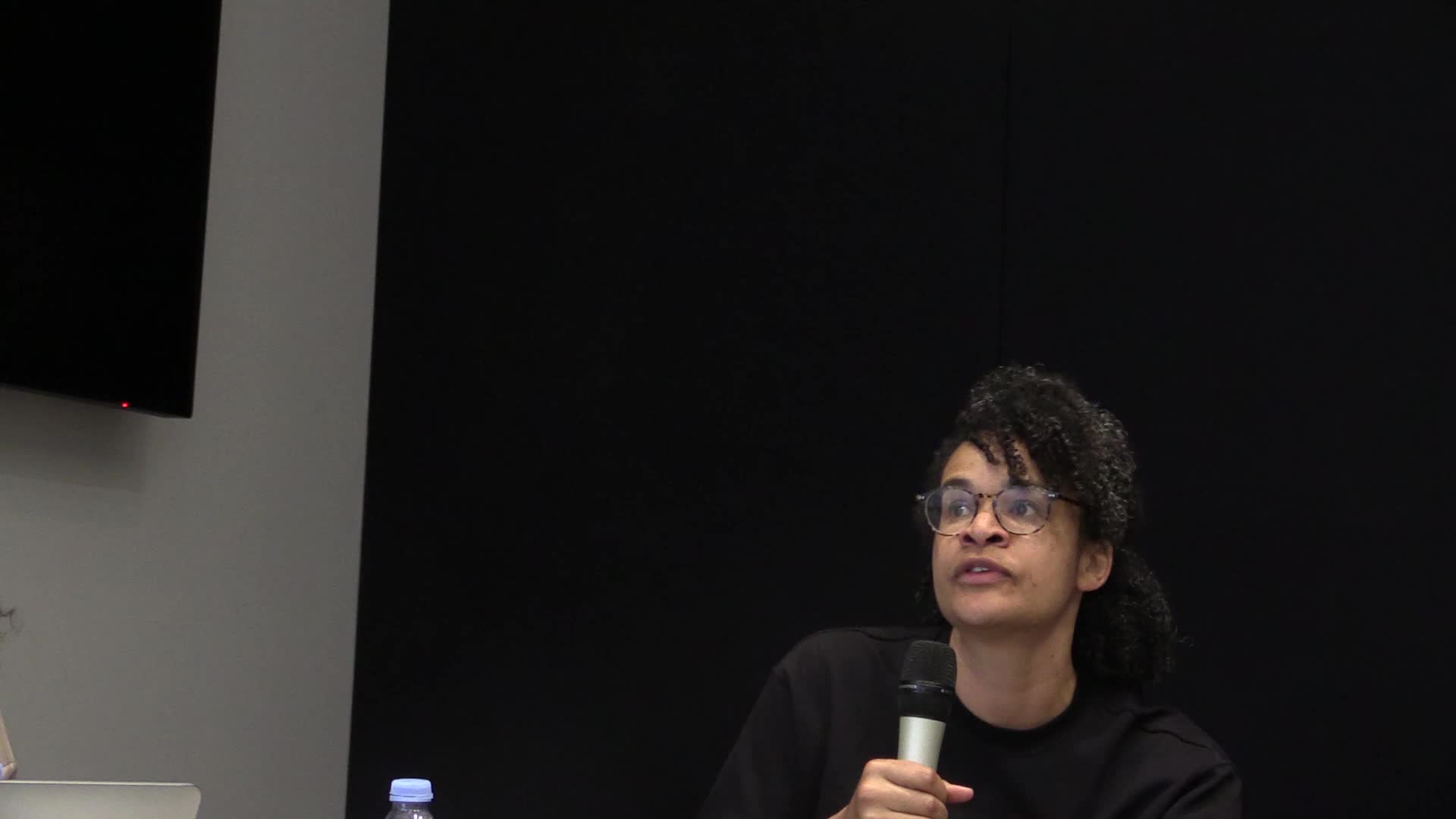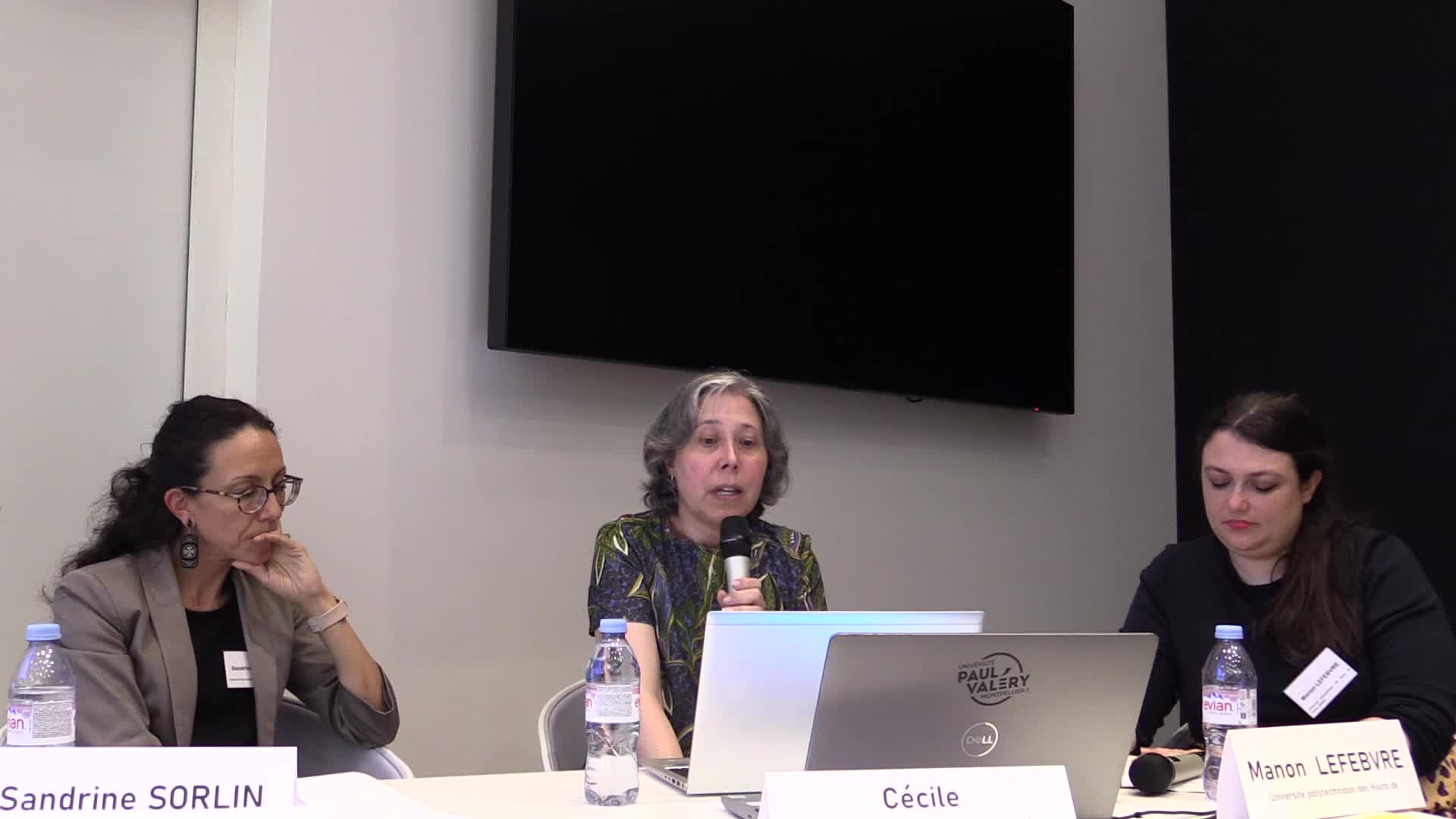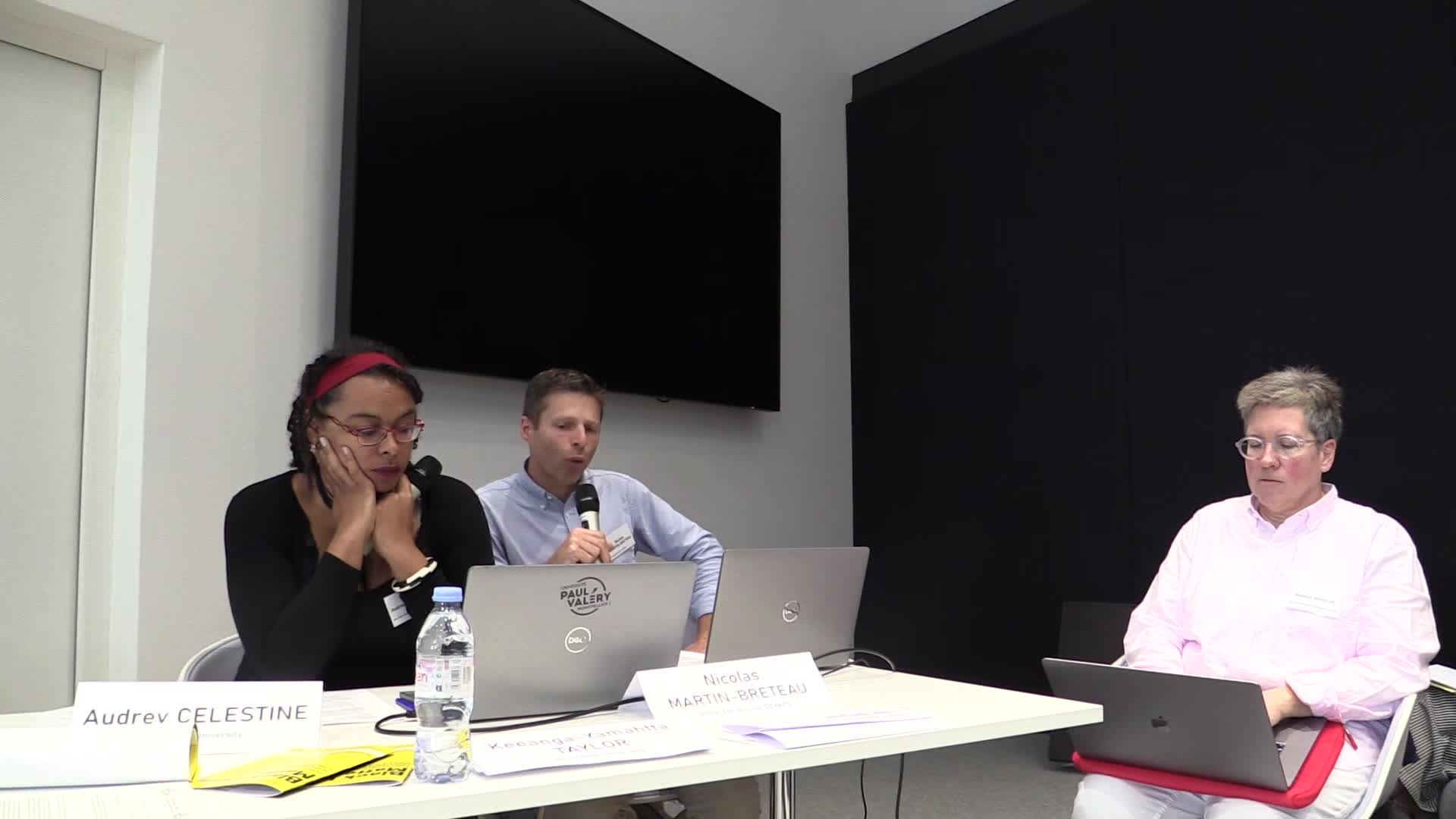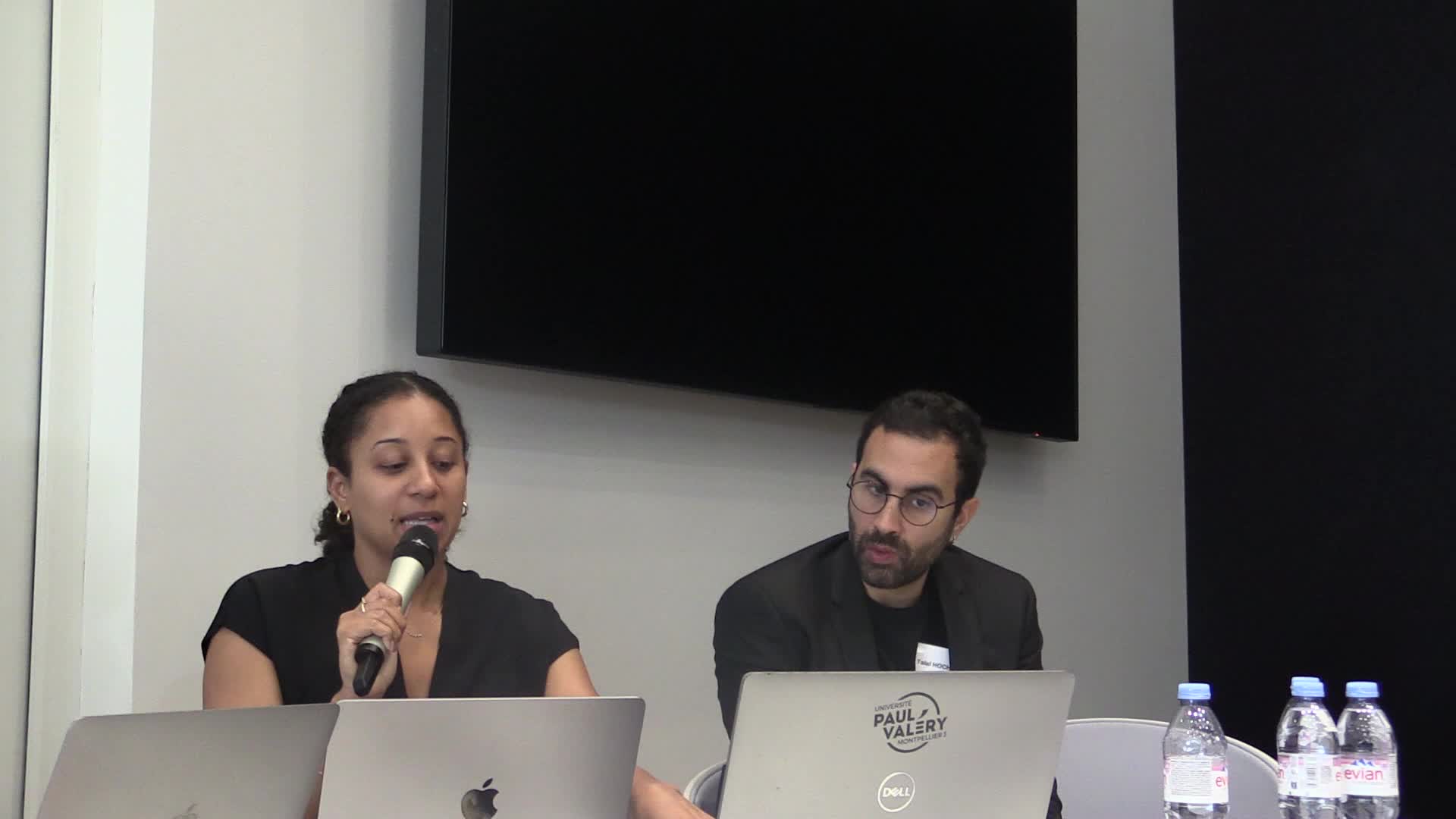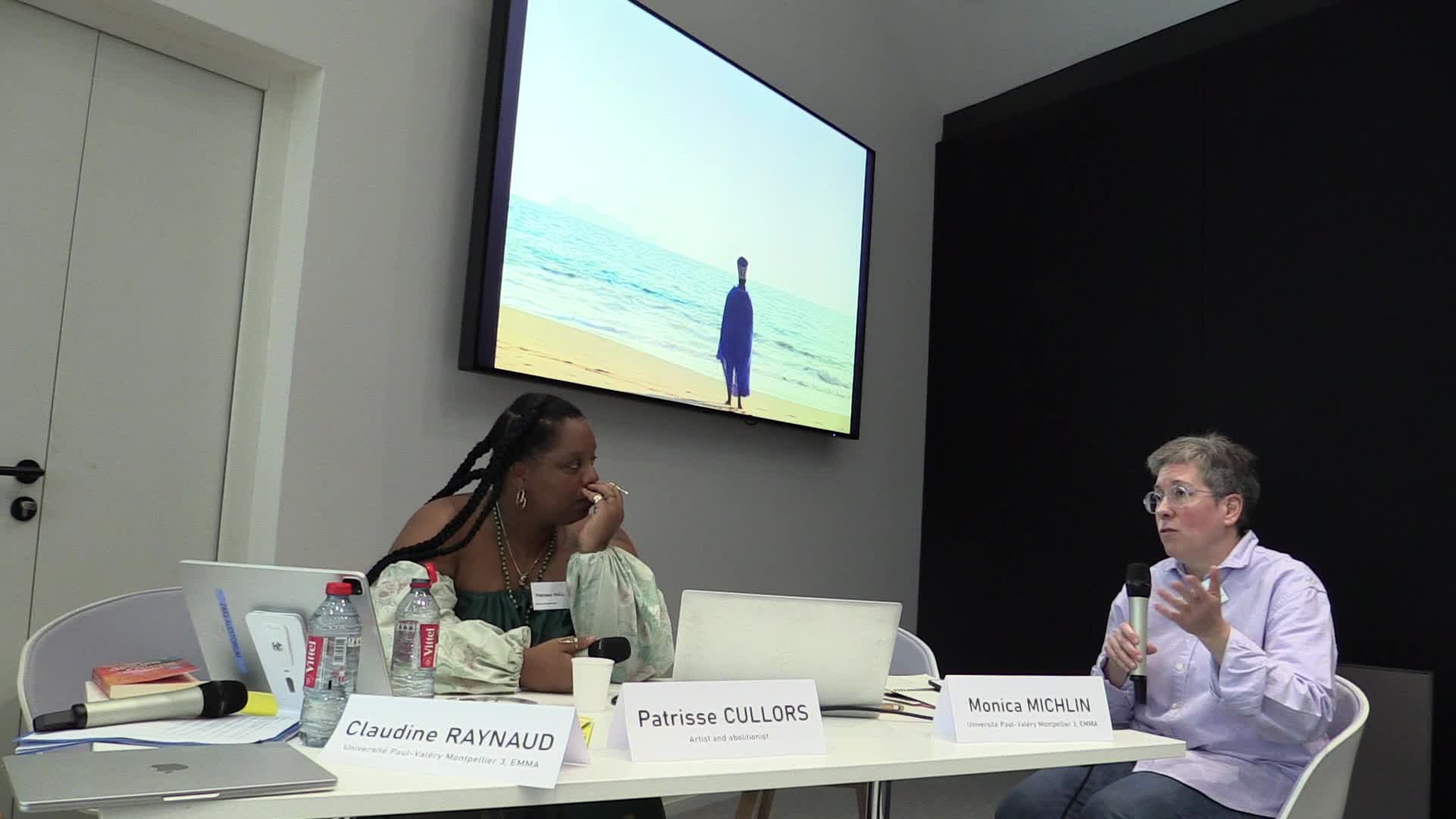Notice
“ ‘Defund the Police’ UK: Mobilising against institutional racism in a hostile environment”
- document 1 document 2 document 3
- niveau 1 niveau 2 niveau 3
Descriptif
The slogan “defund the police” was regularly heard during Black Lives Matter (BLM) protests in both the UK and the US. Whilst it is often regarded as an importation from the US, much like the BLM movement itself, it is in reality grounded in decades of struggle against the expansion of the carceral state in the UK. Simply put, it calls for the divestment of funding from police forces in favour of increased investment in social and welfare services that are considered to be best-placed to prevent crime and social harm. Defunding alone is insufficient since reducing both police funding and social funding simultaneously, as occurred in the UK following the financial crisis of 2008, can actually lead to an expansion of police power. The ‘policification of social policy’ (Millie, 2013) can occur as officers are called upon to respond to problems such as mental health issues that are necessarily neglected by underfunded social services. Defunding the police is also regarded as a means of tackling structural racism that is reinforced by police practice. Indeed, calls to defund the police must be understood in the context of repeated findings of institutional racism in the police, as revealed most recently by the Casey Review into the standards of behaviour and internal culture of the Metropolitan Police (2023). The failure of attempts to tackle the issue by encouraging ethnic diversity within the police, improving police training and introducing accountability mechanisms has led many to conclude that institutional racism within the police can only be tackled by defunding and eventually abolishing the police (Vitale, 2017).
Calls to defund the police come from diverse publics, from police officers (Logan, 2015) to activists (Abolitionist Futures, 2020), and take on a variety of forms, from diverting police funds into welfare and limiting police powers (Fleetwood & Lea, 2022), to outright abolition of the police (McElhone et al., 2022). After outlining the contours of the defund the police movement, this paper will seek to determine to what extent it can effectively tackle racism and thus fulfil the overarching aims of the broader BLM movement. Given the contradictory role of the police to prevent racial discrimination whilst being called upon to control ‘suspect communities’, notably in the context of the ‘hostile environment’, it will argue that the issue of power is ultimately more important than that of funding (Fleetwood and Lea, 2023). Indeed, defunding is pointless without community empowerment that will enable ordinary people to take control of conflict resolution (Vitale, 2017, Joseph-Salisbury et al., 2020).
Dans la même collection
-
Stage reading with actor Olivia Mabounga of extract from Selina Thompson's play Salt.
MaboungaOliviaStage reading with actor Olivia Mabounga of extract from Selina Thompson's play Salt.
-
Stage reading with actors Lorry Hardel and Olivia Mabounga of extract from Aleshea Harris's play Is…
MaboungaOliviaLorryHardelStage reading with actors Lorry Hardel and Olivia Mabounga of extract from Aleshea Harris's play Is God Is
-
Shifting perspectives: how Black Lives Matter altered views on the Israeli-Palestinian conflict
HochardTalal“Shifting Perspectives: How Black Lives Matter Altered Views on the Israeli-Palestinian Conflict” - Talal Hochard (Université de Lorraine, IDEA)
-
Questions and Answers with Patrisse Cullors, artist, and BLM co-founder (Part III)
RaynaudClaudineMichlinMonicaQuestions and Answers with Patrisse Cullors, artist, and BLM co-founder (Part III)
-
“A Monumental Revision” - Lynn Weiss (College of William and Mary)
“A Monumental Revision” - Lynn Weiss (College of William and Mary)
-
“Jake Blount and The Folk of Black Souls – Curating, Correcting | “Genre Queering” the US Folk Musi…
GrassyElsa“Jake Blount and The Folk of Black Souls – Curating, Correcting and “GenreQueering” the US Folk Music Canon in the Black Lives Matter Era”
-
"Facing the Past: Black Lancastrians” – Lela Harris (Artist, Kendal, UK)
Lela Harris (Artist) - “Facing the Past: Black Lancastrians”
-
“Appropriating #BlackLivesMatter in France: shedding light on home truths, or obfuscating them?”
CoquetCécile“Appropriating #BlackLivesMatter in France: shedding light on home truths, or obfuscating them?”
-
"Guerrilla Memorialisation and the Slave Site Tour in Lancaster: Towards a Radical Praxis"- Alan Ri…
Alan Rice (IBAR at UCLan, Preston) - "Guerrilla Memorialisation and the Slave Site Tour in Lancaster: Towards a Radical Praxis"
-
“Race, art and transnational public space through the lens of the Faith Ringgold Retrospective (Mus…
CélestineAudreyMartin-BreteauNicolas“Race, art and transnational public space through the lens of the Faith Ringgold Retrospective (Musée Picasso, Paris, 2023)”
-
Do #BlackLivesMatter to YouTube?: auditing YouTube search results for Black Lives Matter content af…
EppsAvrielAvriel Epps (Harvard University) - “Do #BlackLivesMatter to YouTube?: Auditing YouTube Search Results for Black Lives Matter Content After George Floyd’s Murder”
-
Questions and Answers with Patrisse Cullors, artist, and BLM co-founder (Part II)
RaynaudClaudineMichlinMonicaQuestions and Answers with Patrisse Cullors, artist, and BLM co-founder (Part II)


